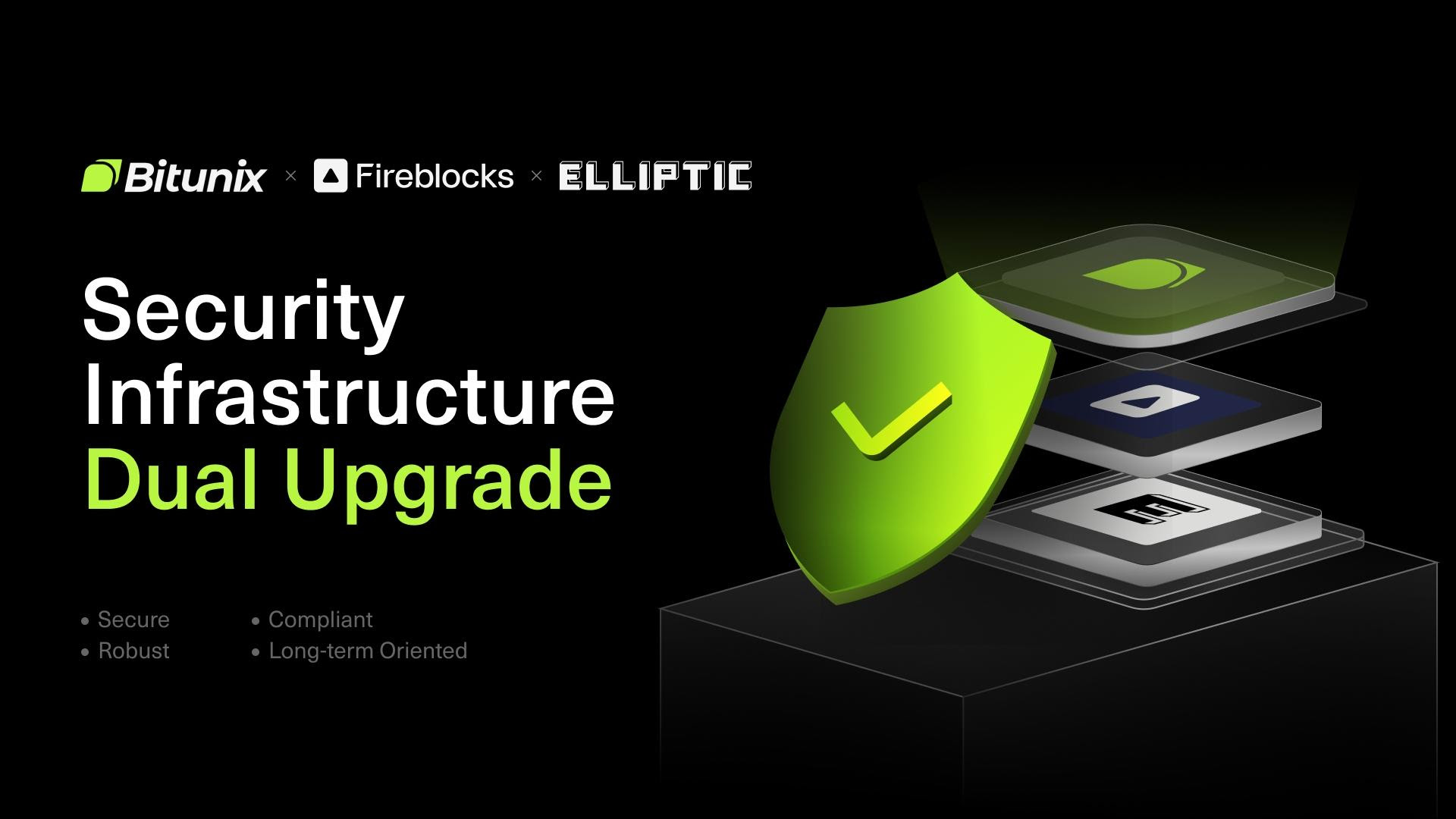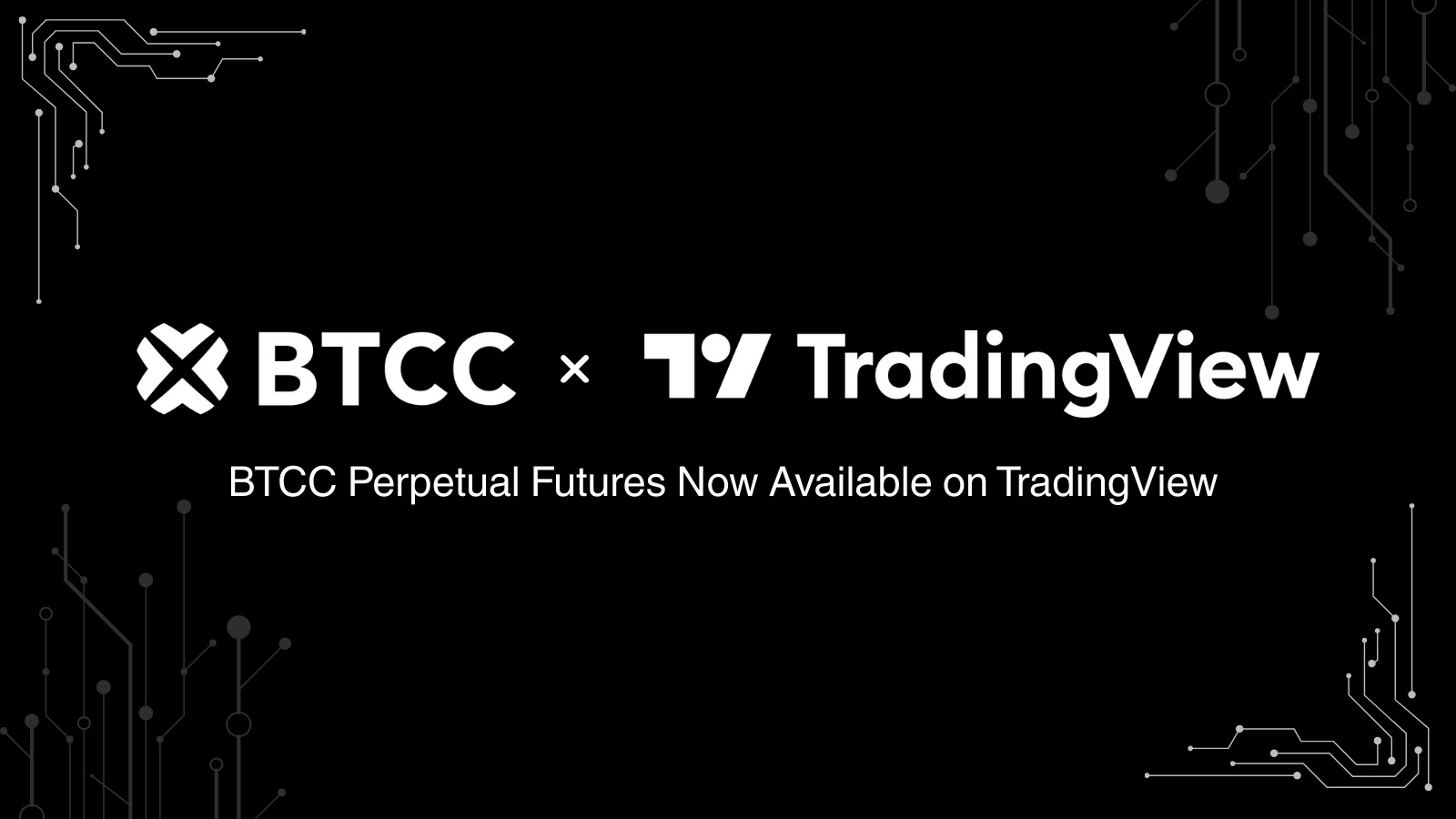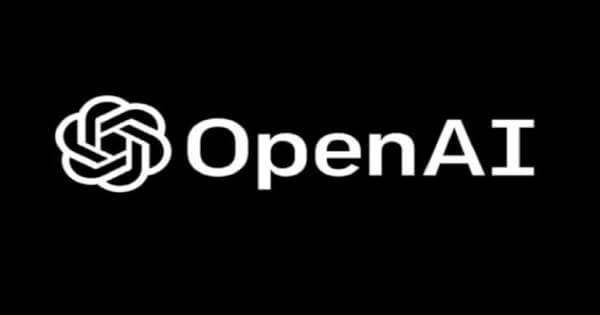The rapid ascent of Artificial Intelligence (AI) has brought unprecedented innovation, but it has also cast a long shadow of concern over personal data privacy. As AI models become increasingly sophisticated, their voracious appetite for data from every facet of our digital lives grows, raising alarms about surveillance, misuse, and breaches. However, emerging advancements in blockchain technology are now presenting a compelling counter-narrative, offering a robust framework to reclaim and safeguard our digital autonomy. This fusion of AI and blockchain heralds a new era where data utility can coexist with stringent privacy protections, transforming how individuals and institutions approach digital information in a hyper-connected world.
The Data Dilemma in the Age of AI
AI’s power is directly proportional to the volume and quality of data it consumes. From personalized recommendations to predictive analytics and autonomous systems, these technologies are trained on massive datasets comprising everything from browsing habits and purchase history to biometric information and health records. The current centralized paradigms for data storage and processing inherently create single points of failure, making vast repositories of sensitive information vulnerable to hacks, corporate exploitation, and government overreach. The ethical implications are profound, with calls for greater transparency and control becoming louder as AI permeates deeper into our daily existence. The challenge lies in enabling AI to deliver its transformative benefits without compromising fundamental rights to privacy.
Blockchain’s Foundational Principles for Privacy
Blockchain technology, initially celebrated for its role in cryptocurrencies, offers several inherent characteristics that are uniquely suited to address the AI data privacy paradox. Its decentralized, immutable, and cryptographically secured ledger provides a robust foundation for verifiable data ownership and access control. Instead of data residing in centralized silos, blockchain allows for distributed data management where individuals retain sovereignty over their information.
- Decentralized Identifiers (DIDs): Allowing users to create self-sovereign digital identities and control who accesses their personal information.
- Zero-Knowledge Proofs (ZKPs): Enabling verification of data attributes without revealing the underlying data itself, crucial for privacy-preserving AI model training.
- Federated Learning: A machine learning approach where AI models are trained on decentralized datasets without the raw data ever leaving the user’s device, with blockchain coordinating the aggregation of model updates.
- Data Tokenization: Representing data as verifiable tokens on a blockchain, allowing for granular consent management and auditable access logs.
- Homomorphic Encryption: Performing computations on encrypted data without decrypting it, a powerful tool for privacy-preserving AI inferences.
Practical Applications and Emerging Solutions
The integration of blockchain into AI data management is moving beyond theoretical discussions into practical applications. Startups and established tech firms are exploring novel architectures for secure data marketplaces where individuals can monetize their data while maintaining full control over its usage. Decentralized autonomous organizations (DAOs) are emerging as governance structures for privacy-centric AI projects, ensuring community-driven oversight. Furthermore, advancements in confidential computing, often synergizing with blockchain, allow data to be processed in secure enclaves, adding another layer of protection even when AI algorithms interact with sensitive information. These solutions are not just about preventing breaches, but fundamentally shifting the power dynamic from data aggregators to data owners.
Challenges and the Path Forward
Despite its immense potential, the path to widespread blockchain-enhanced AI data privacy is not without hurdles. Scalability remains a significant concern, as processing vast amounts of AI-relevant data on current blockchain networks can be resource-intensive and slow. Interoperability between different blockchain protocols and traditional AI infrastructure is another complex area that requires standardized solutions. Regulatory clarity is also paramount; governments globally are grappling with how to effectively legislate around AI and blockchain, necessitating collaborative efforts between innovators and policymakers. Addressing these challenges will require continuous innovation, cross-industry collaboration, and a commitment to developing user-friendly interfaces that abstract away blockchain’s inherent complexities.
Conclusion
As October 2025 unfolds, the narrative around AI and data privacy is witnessing a significant pivot, driven by the transformative capabilities of blockchain technology. The era where AI’s advancement inherently meant a compromise on personal data is slowly giving way to a future where privacy-by-design is not just an ideal, but a tangible reality. By offering decentralized control, immutable audit trails, and advanced cryptographic techniques, blockchain is poised to become the bedrock upon which a more ethical, transparent, and user-centric AI ecosystem is built. This synergy promises to empower individuals, foster trust in AI applications, and redefine the very fabric of our digital interactions.
The post Revolutionizing Data Privacy: How Blockchain Shields Your Information in the AI Era appeared first on FXcrypto News.























 24h Most Popular
24h Most Popular






 Utilities
Utilities